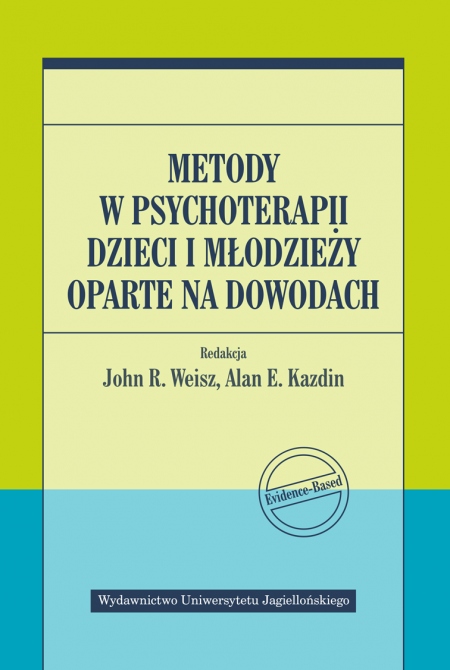
Wszechstronniczość. Wydanie 2
O deliberacji w polityce zdrowotnej z uwzględnieniem emocji, interesów własnych i wiedzy eksperckiej
Pages: 394
Book format: 15,8x23,5 cm
Publication date: 2023
E-book publication date: 18.12.2023
Book description
Omnipartiality. On deliberation in governance for health with the inclusion of emotions, self-interests and expertise
To what extent it is possible to reconcile the will of the people with expertise? That is the traditional question of democratic policymaking. However, the dilemma outlined in this way is very misleading. It suggests that citizens have no knowledge to offer on any given issue. In addition, it insinuates some peculiar resistance of the expert elite to ignorance, egoism or emotions. A more appropriate question would rather be the following: To what extent policymaking based on expertise is possible at all? Yet another question follows. Is policymaking based solely on evidence even sound? Is the traditional ideal of impartiality, an exclusion of egoism and passions from policymaking a good ideal?
Author of the book argues that a good governance for health – and policymaking in general – requires the inclusion and proper balance of the three key inputs of governance: expertise, self-interest and emotions. Considering them requires going beyond typical public debates, bargaining and even beyond expert panels. It requires public deliberation in which the three inputs could engaged in a form of constructive dialogue with each other. In good governance, we should not limit ourselves to evidence insulated from material interests and strong intuitions. We cannot orient ourselves on procedural, neutral impartiality. Rather, we should move towards omnipartiality.
To what extent it is possible to reconcile the will of the people with expertise? That is the traditional question of democratic policymaking. However, the dilemma outlined in this way is very misleading. It suggests that citizens have no knowledge to offer on any given issue. In addition, it insinuates some peculiar resistance of the expert elite to ignorance, egoism or emotions. A more appropriate question would rather be the following: To what extent policymaking based on expertise is possible at all? Yet another question follows. Is policymaking based solely on evidence even sound? Is the traditional ideal of impartiality, an exclusion of egoism and passions from policymaking a good ideal?
Author of the book argues that a good governance for health – and policymaking in general – requires the inclusion and proper balance of the three key inputs of governance: expertise, self-interest and emotions. Considering them requires going beyond typical public debates, bargaining and even beyond expert panels. It requires public deliberation in which the three inputs could engaged in a form of constructive dialogue with each other. In good governance, we should not limit ourselves to evidence insulated from material interests and strong intuitions. We cannot orient ourselves on procedural, neutral impartiality. Rather, we should move towards omnipartiality.
Language
English
Title in English
Omnipartiality. On deliberation in governance for health with the inclusion of emotions, self-interests and expertise
Edition
first
Authors
Michał Zabdyr-Jamróz

Cover design
Paweł Sepielak
Open Access - Information about License
This publication is available under the Creative Commons license Attribution-NonCommercial-NoDerivs (CC BY-NC-ND).
https://creativecommons.org/licenses/by-nc-nd/4.0/
https://creativecommons.org/licenses/by-nc-nd/4.0/
RECOMMENDED BOOKS
105.00
zł
84.00
zł
NEW BOOKS

Wszechstronniczość. Wydanie 2
O deliberacji w polityce zdrowotnej z uwzględnieniem emocji, interesów własnych i wiedzy eksperckiej
Wszechstronniczość. Wydanie 2
O deliberacji w polityce zdrowotnej z uwzględnieniem emocji, interesów własnych i wiedzy eksperckiej
Choose chapters to buy:
Order value:
0.00 zł






















